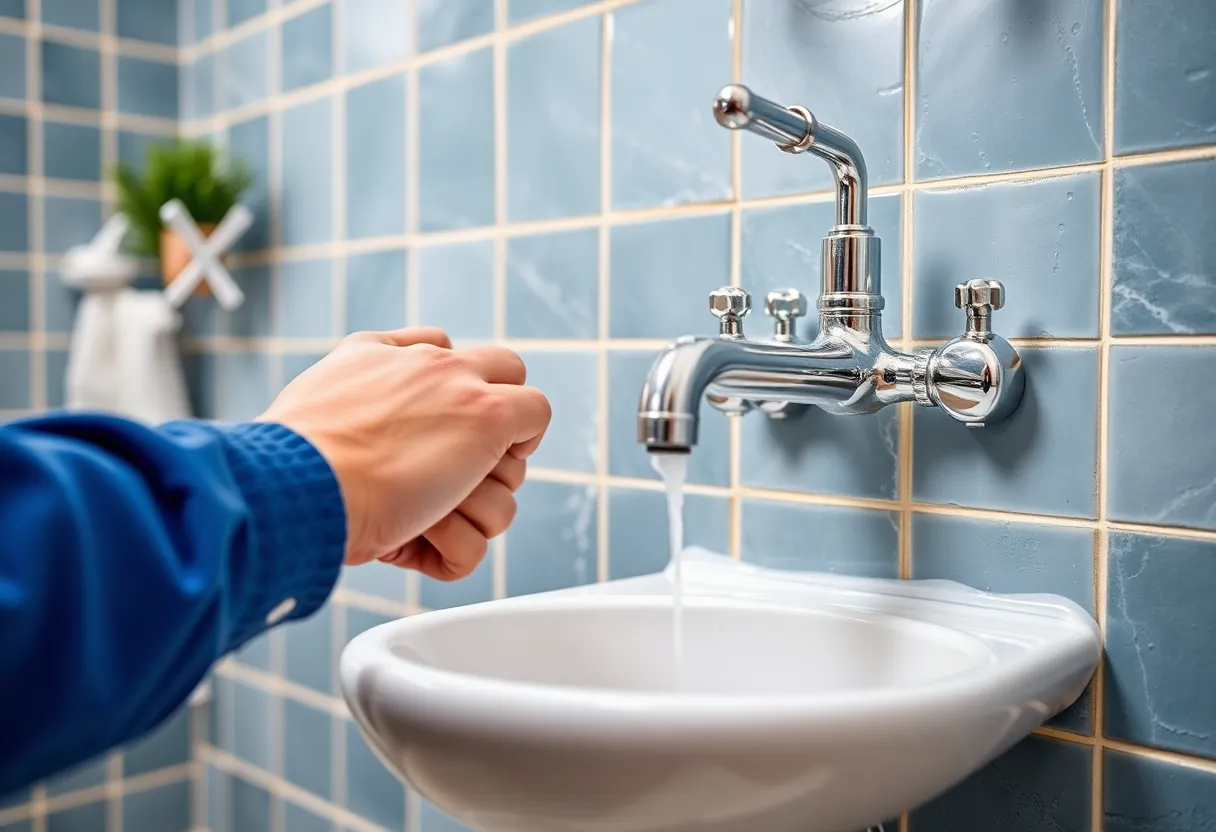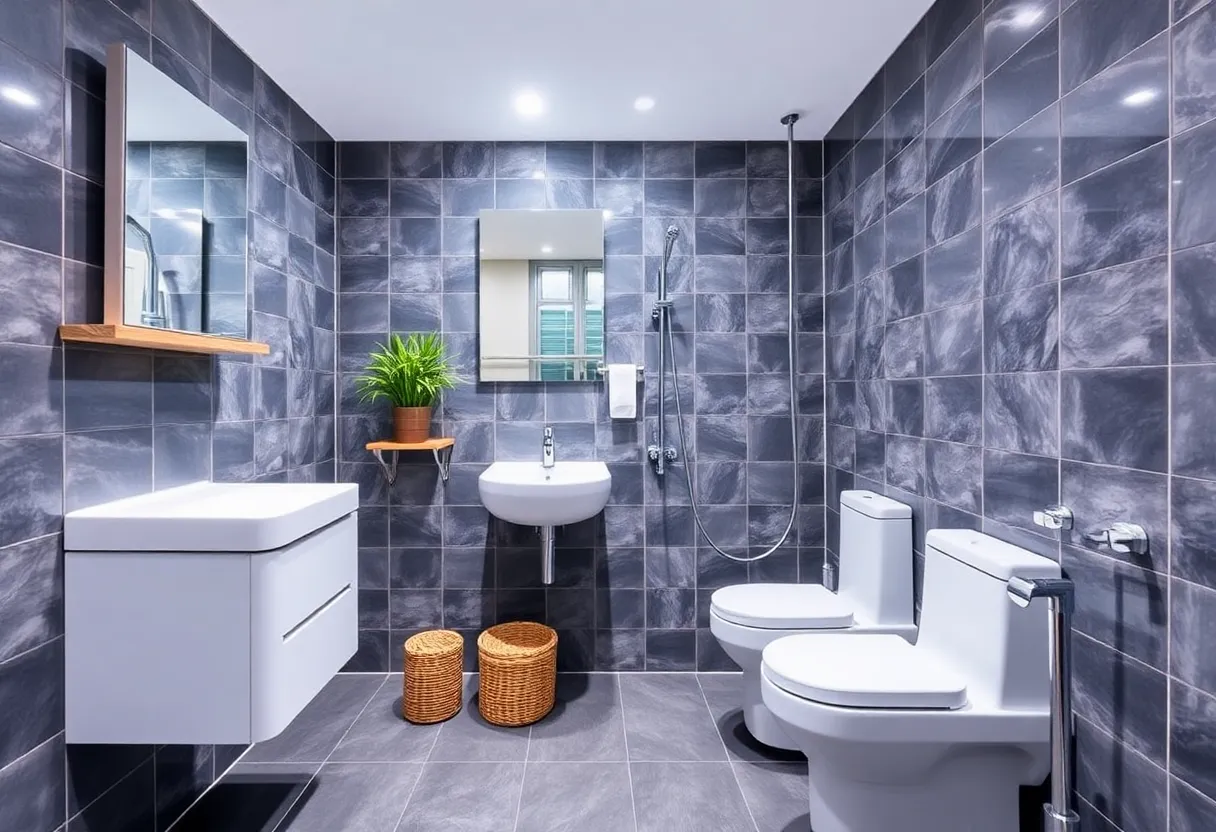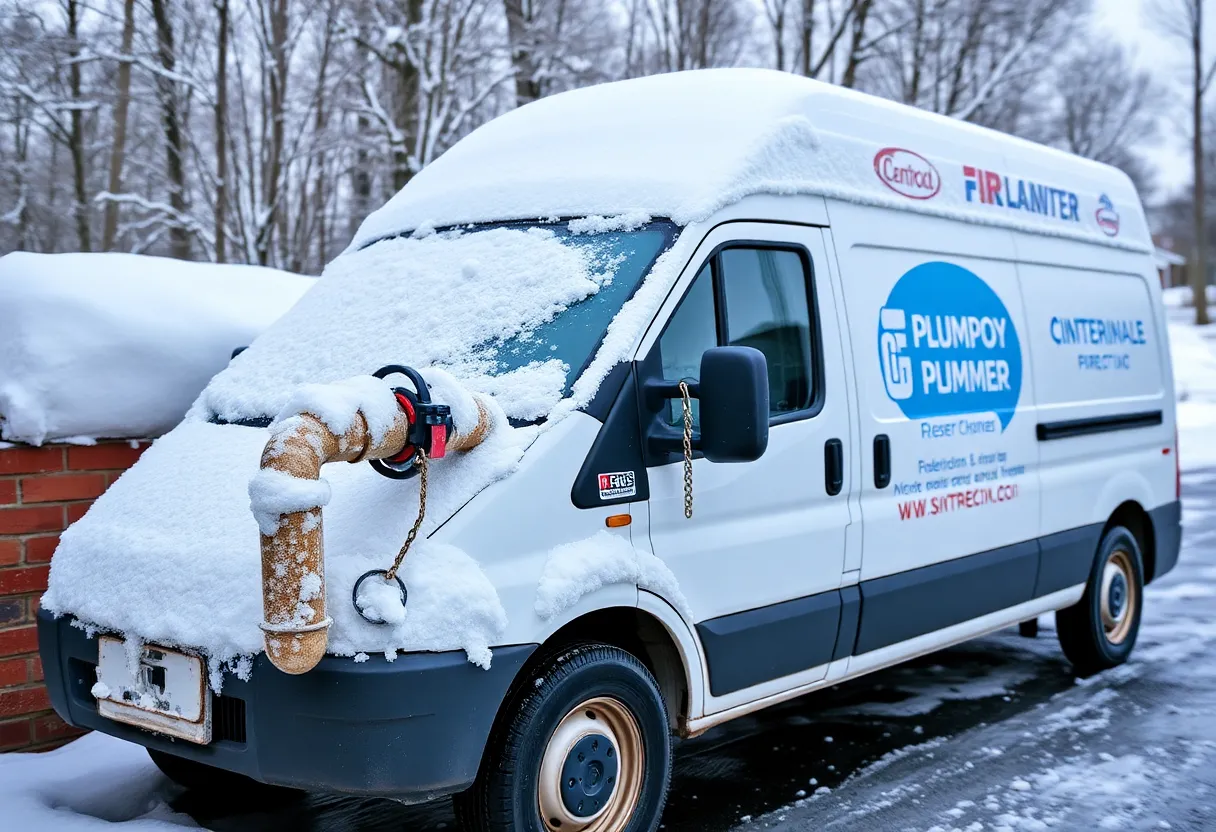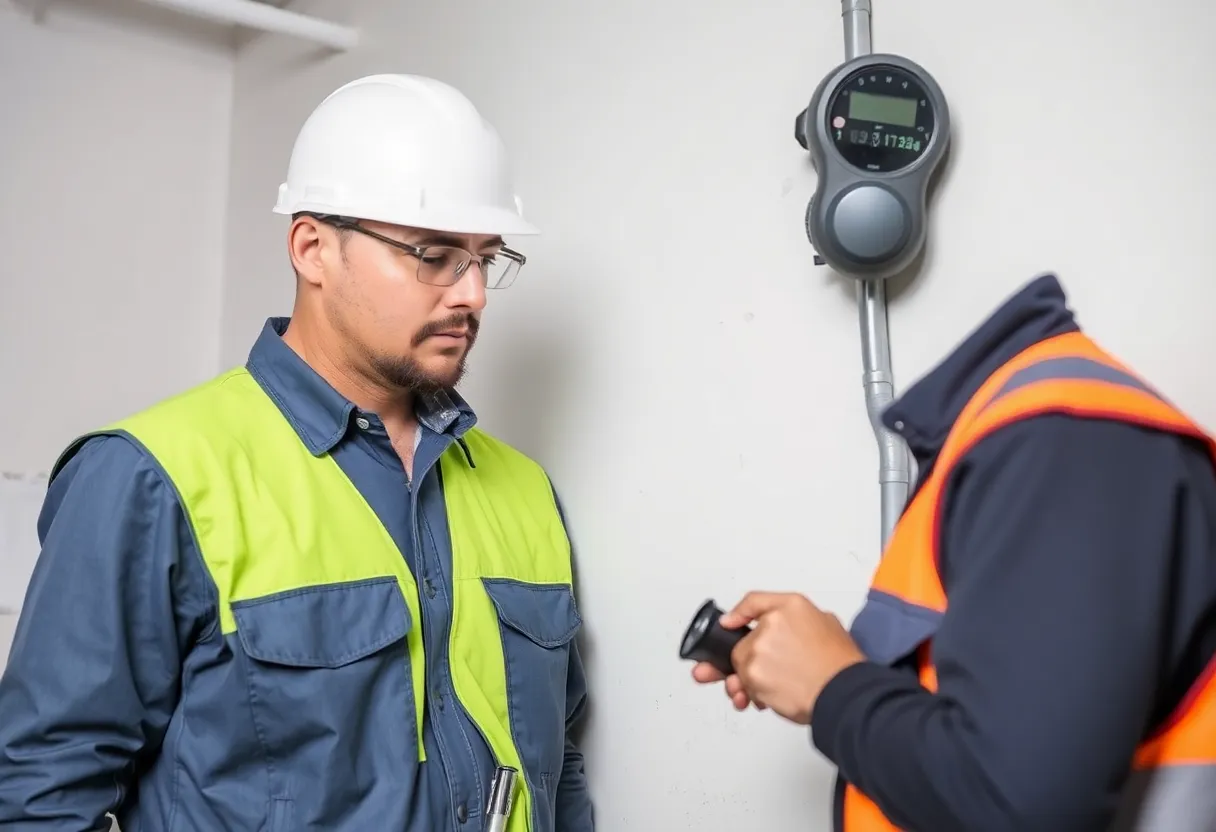The Plumbing Awakening: 10 Innovative Solutions for a More Efficient Home Water System
In our rapidly evolving world, the quest for sustainability and efficiency is more vital than ever, especially when it comes to the systems that keep our homes running smoothly. The plumbing system, often taken for granted, plays a crucial role in our daily lives. However, with recent innovations, homeowners now have the opportunity to upgrade their systems for enhanced efficiency and performance. This article explores ten innovative solutions that promise to revolutionize home water systems.
1. Smart Water Sensors
Water damage can be a homeowner’s worst nightmare, leading to extensive repairs and costly insurance claims. Enter _smart water sensors_, a groundbreaking solution that can identify leaks or moisture accumulation before they escalate into significant issues. These devices can be placed in high-risk areas such as bathrooms, basements, and under sinks.
When they detect leaks, they send alerts to your smartphone, allowing you to act quickly. Some advanced models can even shut off the water supply automatically, effectively preventing significant damage and saving on water bills.
2. Touchless Faucets
Touchless faucets are not only a convenient luxury but are also practical for improving hygiene in the home. These faucets operate via motion sensors, allowing users to turn them on and off without touching the handle. This innovation is particularly beneficial for kitchen use, as it minimizes the risk of cross-contamination.
Moreover, many touchless faucets include features that help regulate water temperature, further enhancing water conservation. This is achieved by limiting the flow when the sensor is inactive, making them an eco-friendly option.
3. Low-Flow Fixtures
One of the easiest ways to reduce water consumption is by installing _low-flow fixtures_ throughout your home. This includes showerheads, faucets, and toilets that maintain performance while drastically reducing water usage. Low-flow showerheads can save the average household thousands of gallons of water annually without sacrificing shower quality.
Modern low-flow toilets are designed to use less water per flush, with some models utilizing as little as 1.28 gallons, compared to the 3.5 gallons used by older toilets. Upgrading to these fixtures not only benefits the environment but can also significantly lower utility costs.
4. Greywater Recycling Systems
Greywater recycling has emerged as a sustainable option for reducing water waste in homes. Greywater refers to water that is generated from sinks, showers, and laundry, which can be reused for non-potable purposes, such as irrigation and toilet flushing.
By installing a _greywater recycling system_, homeowners can repurpose this water, effectively reducing the demand on fresh water supplies and lowering overall water bills. Such systems are becoming increasingly user-friendly and regulated, making them a viable option for eco-conscious homeowners looking to make a difference.
5. Tankless Water Heaters
Traditional water heaters maintain a reservoir of hot water, which can lead to energy waste by keeping water heated constantly. In contrast, _tankless water heaters_ provide hot water on demand, heating water only when you need it.
This innovation cuts energy consumption significantly, as there is no energy wasted on maintaining a hot water supply. Tankless water heaters are compact, making them a space-saving solution for homes, and they typically last longer than standard water heaters, further enhancing their value.
6. Smart Irrigation Systems
For those with gardens or lawns, _smart irrigation systems_ offer an excellent way to conserve water while keeping landscapes lush and healthy. These systems use weather data, soil moisture sensors, and user preferences to determine the optimal watering schedule and amount.
By adjusting the watering schedule based on real-time conditions, smart irrigation systems can drastically cut down water usage, contributing to a more efficient home water system. Many systems can also be controlled from a smartphone app, allowing for easy adjustments from anywhere.
7. Water-Efficient Appliances
From dishwashers to washing machines, many modern appliances now come equipped with _water-efficient technology_ designed to minimize water usage. These appliances can save not only water but also energy by optimizing water intake based on the load size and type of washing required.
When considering new appliances, look for those with _WaterSense_ labels, which guarantee that the products meet specific efficiency criteria. Investing in these water-efficient appliances pays off quickly through reduced bills and promotes a more sustainable lifestyle.
8. Water Filtration Systems
Not only can homeowners benefit from innovative plumbing systems by conserving water, but they can also enjoy improved water quality. _Point-of-use water filtration systems_ remove impurities and contaminants, providing purified water directly from your tap or fridge.
Investing in an under-sink or countertop filtration system enhances the taste and safety of the water consumed in the home. Additionally, these systems can reduce reliance on bottled water, helping to decrease plastic waste and promote sustainability.
9. Rainwater Harvesting Systems
Harnessing nature’s water source can be both eco-friendly and economical. _Rainwater harvesting systems_ collect rainwater from your roof, storing it in tanks for later use. This collected water can be used for watering gardens, washing cars, or even for non-potable household needs like toilet flushing.
Implementing a rainwater harvesting system reduces dependency on municipal water supply, minimizes stormwater runoff, and lowers water bills, all while being a sustainable practice that contributes positively to the environment.
10. Plumbing Maintenance and Inspections
Lastly, investing time and resources into regular _plumbing maintenance and inspections_ can prevent costly repairs and ensure efficiency. Scheduling annual inspections can help identify worn-out pipes, faulty fixtures, and signs of leaks before they become major problems.
Professional plumbers can advise on upgrades and the latest innovations tailored to your home’s specific needs. Regular maintenance not only prolongs the life of your plumbing system but also enhances its overall performance, creating a more efficient water management system.
Conclusion
Upgrading your home water system is an essential step toward sustainable living and increased efficiency. The _innovative solutions_ discussed in this article not only improve the functional aspects of plumbing but also contribute positively to the environment and your wallet.
From smart technologies and conservation methods to efficient appliances and regular maintenance, each step taken to enhance your plumbing system represents a commitment to better living. Homeowners looking for a plumbing awakening can confidently explore these innovative solutions, embracing a future where efficiency and sustainability reign supreme.









